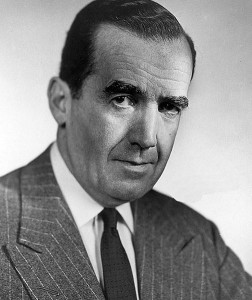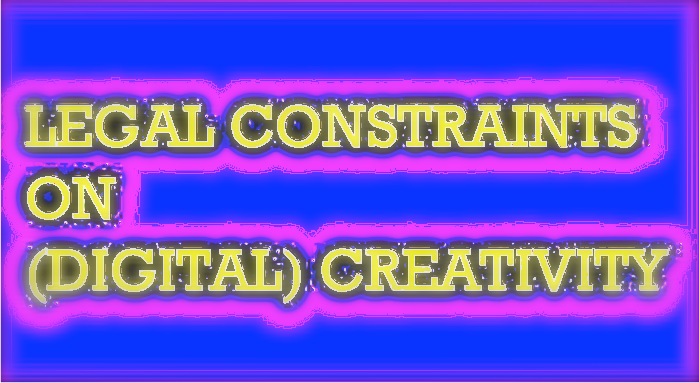As you read the following, try and invert the process. Recognizing the dangers – ask yourself the following “What rights should journalists have?”
The Perils of Photojournalism | Roads & Kingdoms.
At this stage don’t overthink or try and figure what privileges the law does or does not give you. Just go through three steps:
1. What is a “journalist” in your mind?
2. What legal rights and privileges does a journalist need to be a journalist?
3. How should those legal rights and privileges be different from those of the ordinary citizen?
Now make a list of the unique rights journalists should have.
Thoughts/reactions/comments?
jon


 Legal Constraints on (Digital) Creativity
Legal Constraints on (Digital) Creativity
I find it amazing that the concept of what it means to do ‘journalism’ has become as fluid as what it means to be a ‘journalist’ has. As digital technologies continue to evolve, and as journalists and their work continue to adapt in relation to the technologies that they use, I am very interested as to how these digital technologies and abilities of a reporter to be ubiquitous are affecting how we are forced to consider what our ‘rights’ and ‘privileges’, as journalists, should be. In the way that technologies and journalism as both practice and discipline are evolving, is it fair to argue that the ‘rights’ and ‘privileges’ of journalists are evolving in the same way? For example, has a one’s ability to instantaneously Tweet live-news challenge our conception of who has the ‘right’ and ‘privilege’ to report the news in such a way? How has the law attempted to adapt to meet the global and virtual presence of the reporter who can now suddenly report everywhere on everything at any time? All of this leads me to wonder how does one distinguish between the ‘journalist’ and the ‘ordinary citizen’? What sort of rights and privileges does the journalistic require, above the ordinary citizen, to act as a journalist in the first place?
A bit long winded, Jon! Hopefully you can share your thoughts in response!
At this point am willing to answer your question on whether there is a distinction between a “journalist” and an ordinary citizen on a purely functional basis. There is. In the sense of credentialing. If you are accepted as a journalist you can be credentialed with certain privileges. This often applies to sports events, concerts, “press conferences”. But when you think about it that is nothing inherent about you as a “journalist” – it is someone else according you an advantage of some sort because they want to do that (for whatever reason) for people they believe and accept to be journalists. It’s sort of as if a club says we will let everyone wearing green in tonight. It’s pretty arbitrary because, it’s not controlled by you (the “journalist”) but by others sitting in judgment over whether they find you to be a journalist.
Moving from the functional to the legal….we will deal with question most pointedly when we come to “journalistic privilege”. Not going to give that away right now so as to facilitate continued debate in class and here until we get there.
Finally, you make a great point on the evolution of technologies. Wonder how journalism will adapt to the profound technological innovations described in this story “Brain-to-brain ‘telepathic’ communication achieved for first time”http://www.telegraph.co.uk/news/worldnews/northamerica/usa/11077094/Brain-to-brain-telepathic-communication-achieved-for-first-time.html
jon